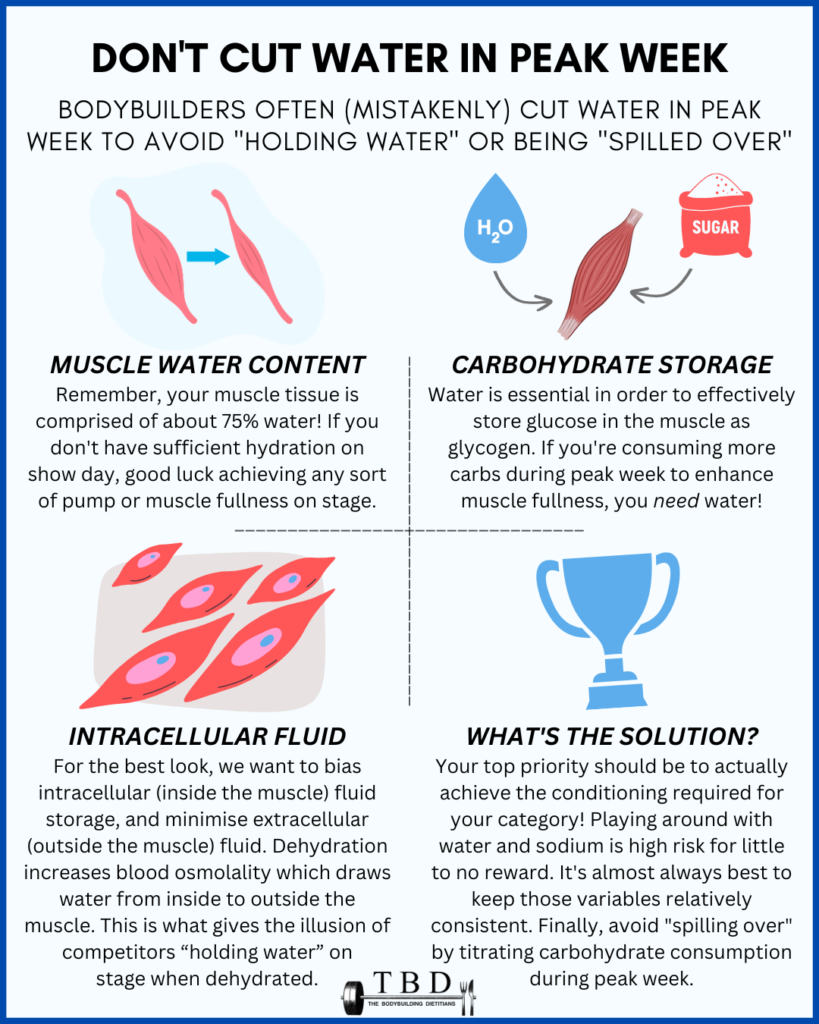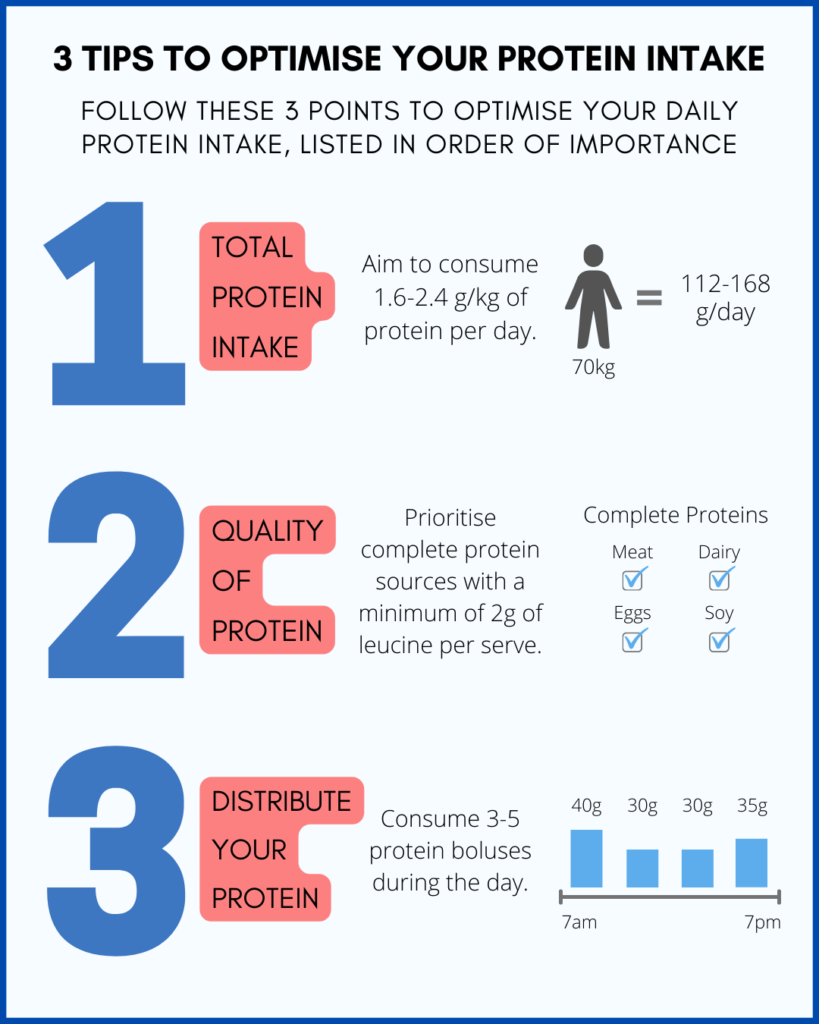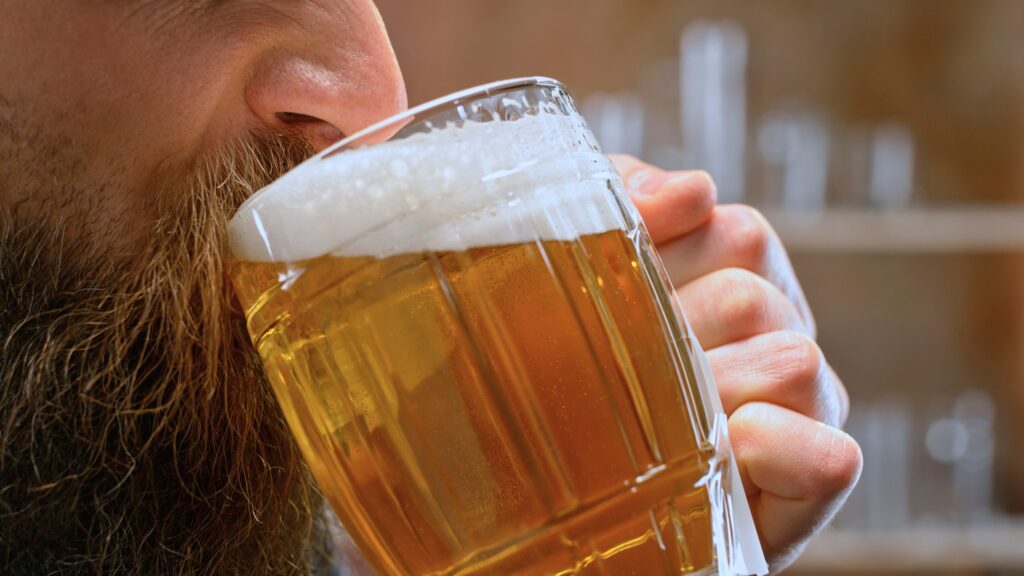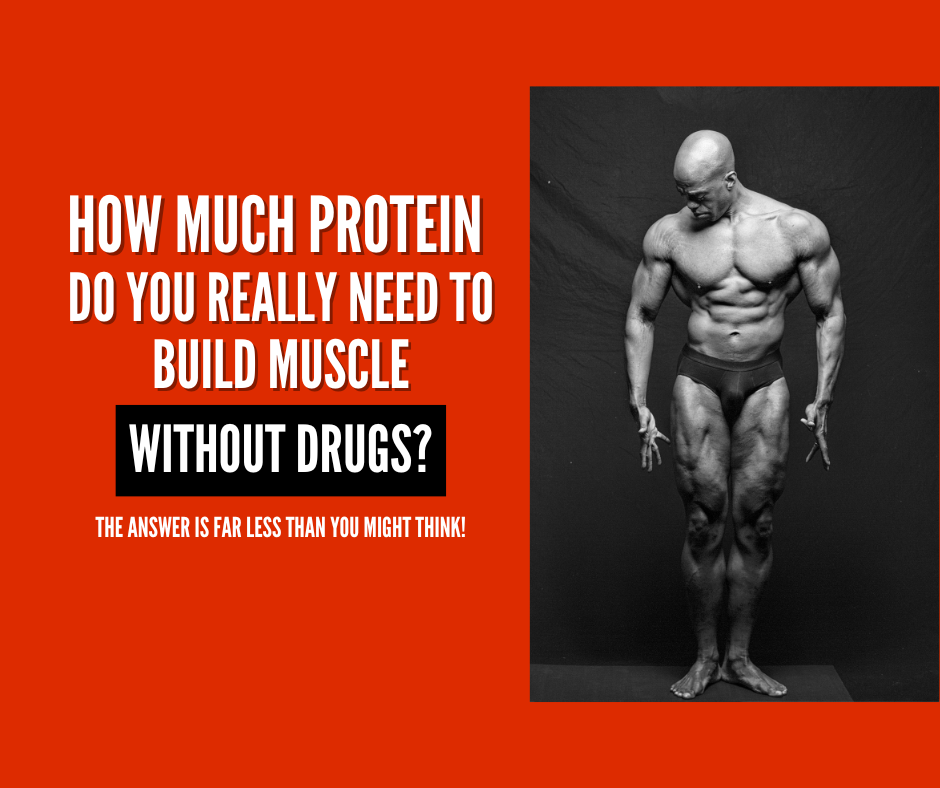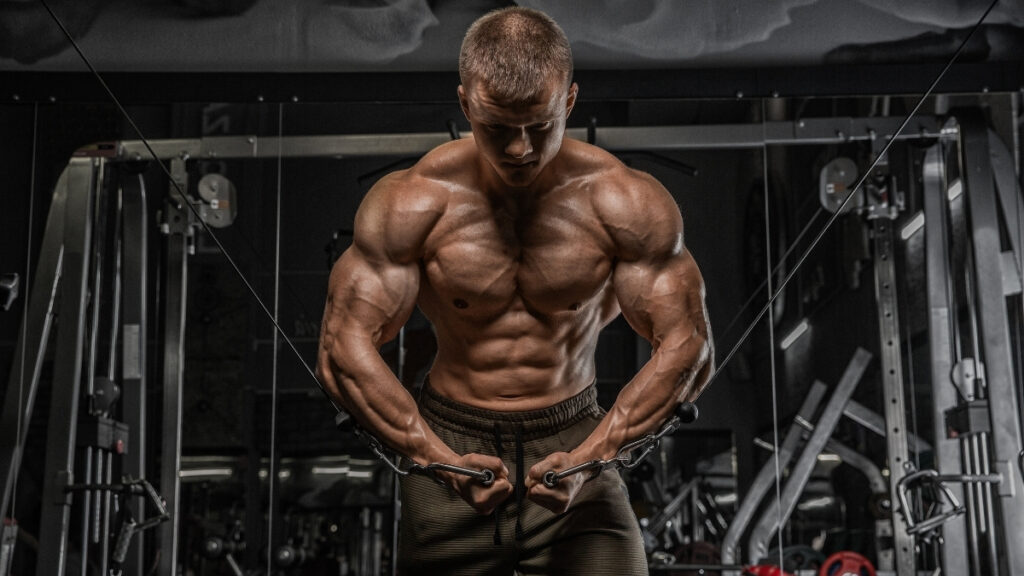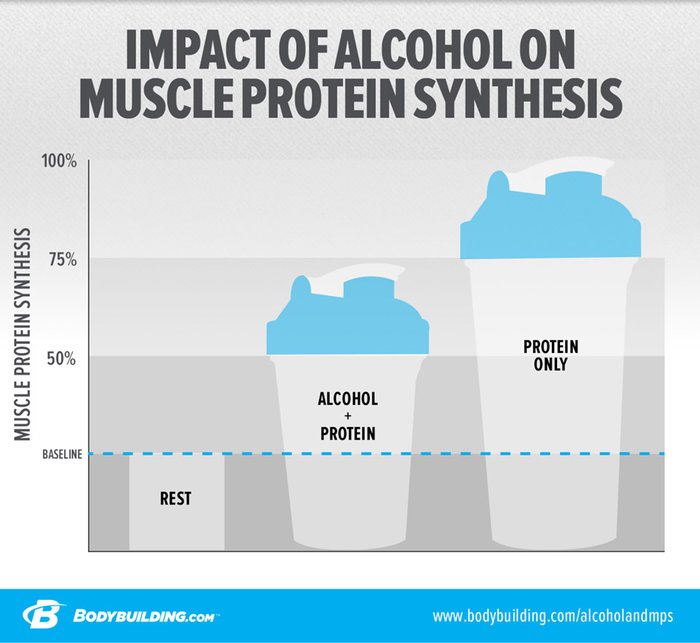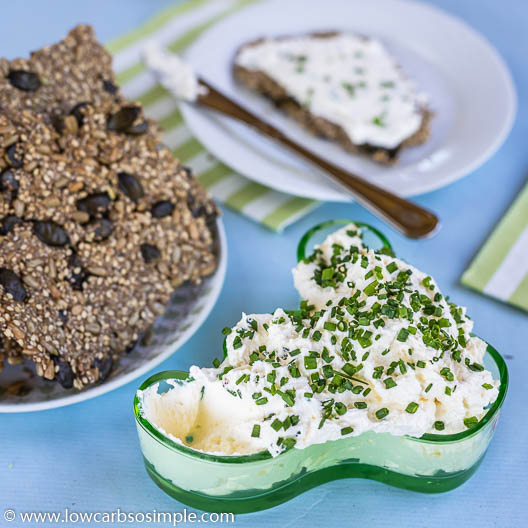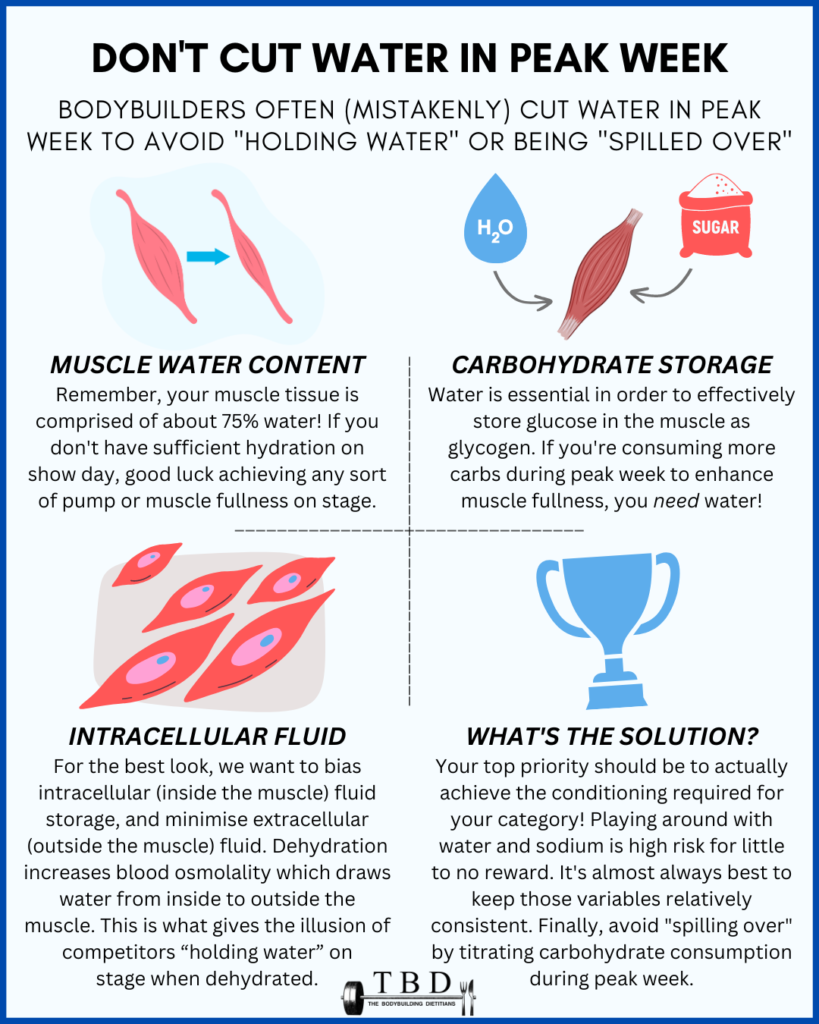Sodium does not directly cause fat gain in bodybuilding. It can lead to water retention, giving a bloated appearance.
Sodium is a crucial mineral for bodybuilders. It helps maintain fluid balance, supports muscle contractions, and prevents cramps. Consuming sodium in moderation can enhance performance and endurance. High sodium intake may cause temporary water retention, but it doesn’t increase body fat.
Choosing low-sodium options when preparing meals can help manage water retention. Balance your sodium intake with other essential nutrients for optimal health. Always consult a nutritionist or health professional for personalized advice. Understanding how sodium affects your body can improve your bodybuilding results. Stay hydrated and monitor your sodium intake for better performance and physique.
Sodium And Its Role In The Body
Sodium helps control blood pressure. It keeps muscles and nerves working well. It also helps balance fluids in the body. Without enough sodium, you may feel weak. Too much sodium can lead to health problems.
Most people need about 2,300 mg of sodium daily. Some people need less, around 1,500 mg. This amount is for healthy adults. Athletes may need more sodium. They lose sodium through sweat. Always check food labels to manage intake.
Credit: www.quora.com
Common Myths About Sodium
Sodium does not directly cause fat gain. It can cause water retention. Water retention makes you feel bloated. This is not the same as gaining fat. Cutting sodium may reduce bloating. It will not reduce body fat.
Bloating and fat are different. Bloating is temporary. Fat is stored energy. Bloating can come from high sodium intake. Fat comes from excess calories. Knowing this can help manage your diet better.
Sodium In A Bodybuilder’s Diet
Bodybuilders need specific nutrients to build muscles. Sodium is one of these essential nutrients. It helps regulate fluid balance in the body. Proper fluid balance is crucial for muscle function. Too much sodium can lead to water retention. This can make you feel bloated. But moderate sodium intake is necessary for electrolyte balance. It’s important to monitor your sodium levels carefully.
Sodium plays a key role in muscle contractions. It helps transmit nerve signals to muscles. Without enough sodium, muscles may cramp. This can affect your performance. Sodium also helps maintain blood volume. Proper blood volume ensures efficient oxygen delivery to muscles. Hydration is equally important. Sodium helps the body retain water, keeping you hydrated during intense workouts. Balancing sodium intake can optimize your performance.
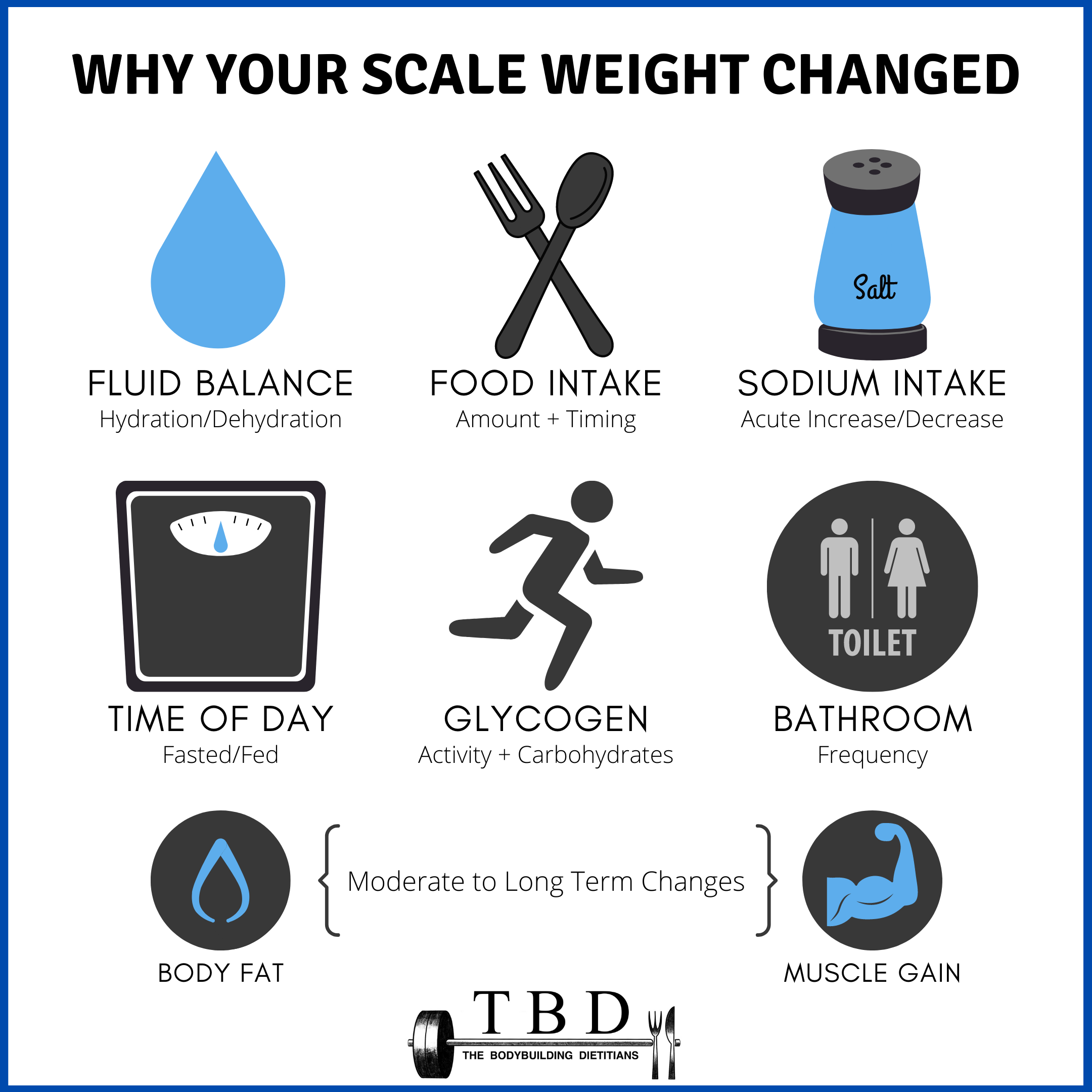
Credit: www.thebodybuildingdietitians.com
How Sodium Affects Water Retention
Sodium intake can lead to increased water retention, making muscles appear fuller but potentially masking muscle definition. Reducing sodium helps to manage water weight and maintain a leaner physique for bodybuilding.
Short-term Effects
Eating too much sodium can cause your body to hold onto extra water. This can make you feel bloated and heavy. Your weight might go up, but it is not fat. It is just water. Reducing sodium helps you lose water weight fast. Drink lots of water to help your body flush out the extra sodium.
Long-term Impact
High sodium levels can lead to high blood pressure. This can be bad for your heart. Over time, it can affect your kidneys too. It’s important to keep your sodium intake low. Healthy eating helps in bodybuilding and overall well-being.
Sodium And Muscle Growth
Sodium helps to keep the electrolyte balance in the body. This balance is crucial for muscle function. Muscles need proper hydration to grow. Sodium helps to retain water in muscles. It also helps in preventing cramps during workouts. Proper sodium levels can improve performance.
Sodium aids in the absorption of nutrients. Nutrients are vital for muscle repair and growth. Better absorption means better muscle recovery. Sodium also helps in the transport of nutrients to muscles. This ensures muscles get the fuel they need. Proper sodium levels can boost muscle growth.
Managing Sodium Intake
Sodium is found in many foods. Processed foods like chips and canned soups have a lot of sodium. Fast food also contains high sodium levels. Restaurant meals can be high in sodium too. Even breads and cereals have sodium. Cheese and deli meats are common sodium sources. Always check food labels to know how much sodium you eat.
Eat fresh fruits and vegetables to reduce sodium. Use herbs and spices instead of salt for flavor. Choose low-sodium versions of your favorite foods. Drink plenty of water throughout the day. Avoid adding extra salt to your meals. Cook at home more often to control sodium levels.
Scientific Studies And Findings
Scientific studies suggest sodium doesn’t directly cause weight gain in bodybuilding. Excessive sodium can lead to water retention, mimicking fat gain. Managing sodium intake may help maintain a leaner physique.
Research Overview
Studies show that sodium does not directly cause fat gain. Sodium can cause water retention. This makes the body look and feel bloated. Some researchers found that high sodium intake can lead to increased blood pressure. But it does not directly contribute to fat storage.
Expert Opinions
Many experts agree that sodium itself does not cause fat gain. They believe that a balanced diet is key. Too much sodium can lead to health problems. But it does not make people fat. Bodybuilders often monitor their sodium intake. They do this to manage water retention. They focus on overall diet and exercise for muscle gain and fat loss.
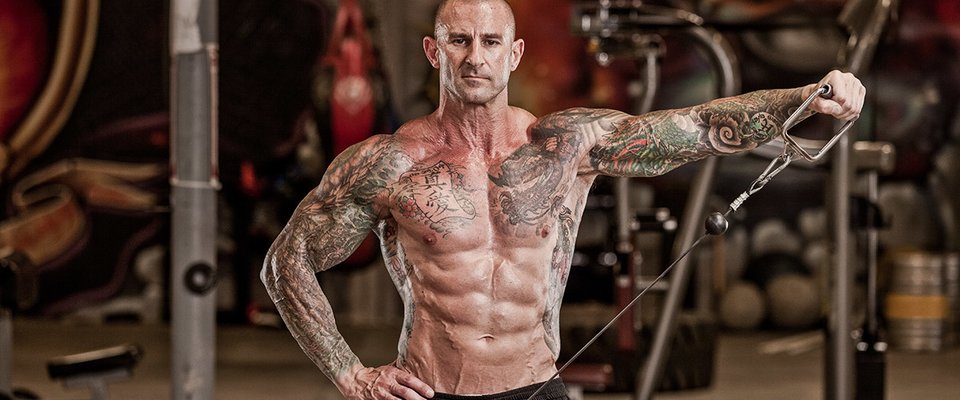
Credit: www.bodybuilding.com
Practical Tips For Bodybuilders
Bodybuilders need to plan their meals carefully. Balanced meals are key to success. Include protein, carbs, and fats. Avoid processed foods with high sodium. Fresh fruits and vegetables are better choices. Drink plenty of water daily. This helps to flush out excess sodium.
Track your sodium intake daily. Use a food diary or app for this. Aim for less than 2,300 milligrams of sodium per day. Read food labels for sodium content. Choose low-sodium options whenever possible. Be aware of hidden sodium in sauces and dressings. Cooking at home helps you control sodium levels better.
Frequently Asked Questions
Does Sodium Increase Body Fat?
No, sodium does not directly increase body fat. High sodium intake can lead to water retention and bloating.
Is Sodium Bad For Bodybuilding?
Sodium isn’t bad for bodybuilding when consumed in moderation. It helps with muscle contraction and hydration. Excessive intake can cause water retention.
Does Sodium Make Muscles Look Bigger?
Sodium can make muscles look temporarily bigger by increasing water retention. This effect is short-term and not true muscle growth.
Does Too Much Sodium Make You Look Fat?
Too much sodium can cause water retention, making you look bloated and puffy. Reducing sodium intake helps reduce bloating.
Conclusion
Balancing sodium intake is crucial for bodybuilders aiming for optimal health and performance. Excessive sodium doesn’t directly cause fat gain, but it can lead to water retention and bloating. Focus on a balanced diet and proper hydration to maintain your physique.
Moderation is key for achieving your bodybuilding goals effectively.

